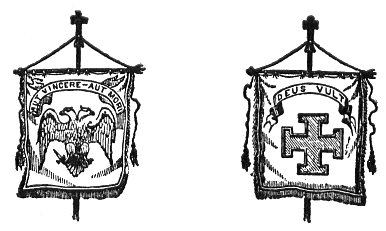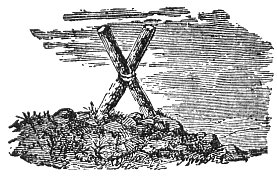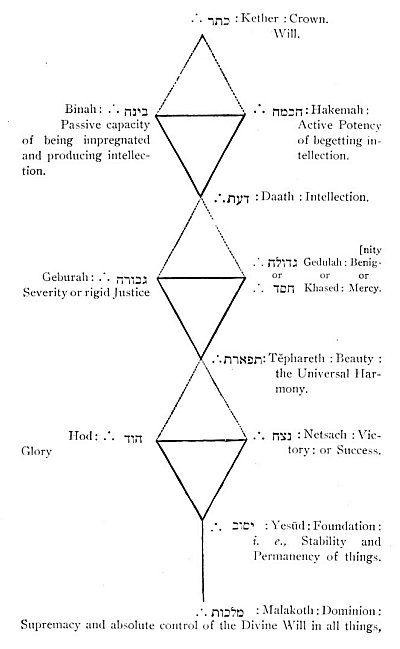p. 334
You are especially charged in this Degree to be modest and humble, and not vain-glorious nor filled with self-conceit. Be not wiser in your own opinion than the Deity, nor find fault with His works, nor endeavor to improve upon what He has done. Be modest also in your intercourse with your fellows, and slow to entertain evil thoughts of them, and reluctant to ascribe to them evil intentions. A thousand presses, flooding the country with their evanescent leaves, are busily and incessantly engaged in maligning the motives and conduct of men and parties, and in making one man think worse of another; while, alas, scarcely one is found that ever, even accidentally, labors to make man think better of his fellow.
Slander and calumny were never so insolently licentious in any country as they are this day in ours. The most retiring disposition, the most unobtrusive demeanor, is no shield against their poisoned arrows. The most eminent public service only makes their vituperation and invective more eager and more unscrupulous, when he who has done such service presents himself as a candidate for the people’s suffrages.
The evil is wide-spread and universal. No man, no woman, no household, is sacred or safe from this new Inquisition. No act is so pure or so praiseworthy, that the unscrupulous vender of lies who lives by pandering to a corrupt and morbid public appetite will not proclaim it as a crime. No motive is so innocent or so laudable, that he will not hold it up as villainy. Journalism pries into the interior of private houses, gloats over the details of domestic tragedies of sin and shame, and deliberately invents and industriously circulates the most unmitigated and baseless falsehoods, to coin money for those who pursue it as a trade, or to effect a temporary result in the wars of faction.
We need not enlarge upon these evils. They are apparent to all and lamented over by all, and it is the duty of a Mason to do all
p. 335
in his power to lessen, if not to remove them. With the errors and even sins of other men, that do not personally affect us or ours, and need not our condemnation to be odious, we have nothing to do; and the journalist has no patent that makes him the Censor of Morals. There is no obligation resting on us to trumpet forth our disapproval of every wrongful or injudicious or improper act that every other man commits. One would be ashamed to stand on the street corners and retail them orally for pennies.
One ought, in truth, to write or speak against no other one in this world. Each man in it has enough to do, to watch and keep guard over himself. Each of us is sick enough in this great Lazaretto: and journalism and polemical writing constantly re-mind us of a scene once witnessed in a little hospital; where it was horrible to hear how the patients mockingly reproached each other with their disorders and infirmities: how one, who was wasted by consumption, jeered at another who was bloated by dropsy: how one laughed at another’s cancer of the face; and this one again at his neighbor’s lock-jaw or squint; until at last the delirious fever-patient sprang out of his bed, and tore away the coverings from the wounded bodies of his companions, and nothing was to be seen but hideous misery and mutilation. Such is the revolting work in which journalism and political partisanship, and half the world outside of Masonry, are engaged.
Very generally, the censure bestowed upon men’s acts, by those who have appointed and commissioned themselves Keepers of the Public Morals, is undeserved. Often it is not only undeserved, but praise is deserved instead of censure, and, when the latter is not undeserved, it is always extravagant, and therefore unjust.
A Mason will wonder what spirit they are endowed withal, that can basely libel at a man, even, that is fallen. If they had any nobility of soul, they would with him condole his disasters, and drop some tears in pity of his folly and wretchedness: and if they were merely human and not brutal, Nature did grievous wrong to human bodies, to curse them with souls so cruel as to strive to add to a wretchedness already intolerable. When a Mason hears of any man that hath fallen into public disgrace, he should have a mind to commiserate his mishap, and not to make him more disconsolate. To envenom a name by libels, that already is openly tainted, is to add stripes with an iron rod to one that is flayed with

Moe is the founder of GnosticWarrior.com. He is a father, husband, author, martial arts black belt, and an expert in Gnosticism, the occult, and esotericism.







